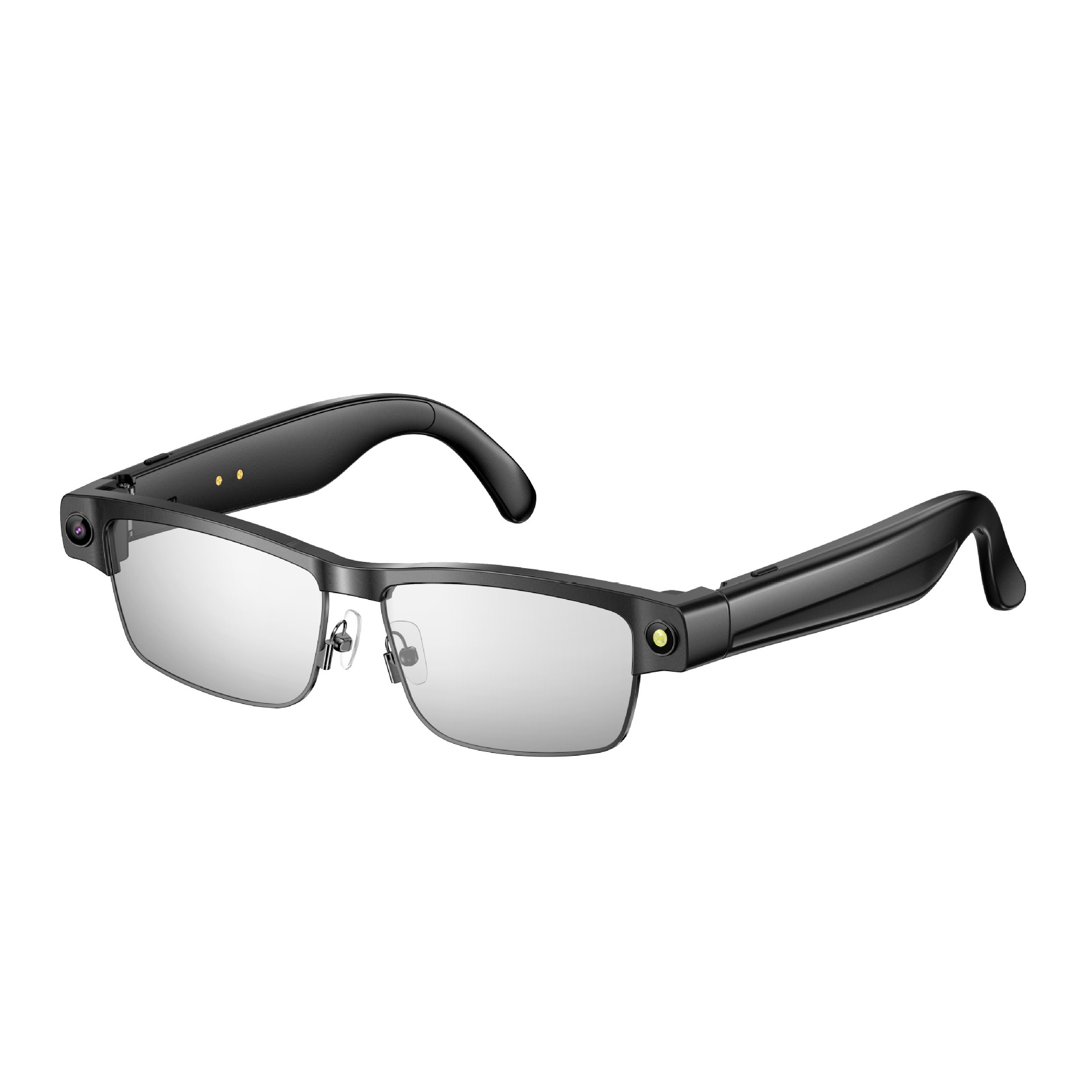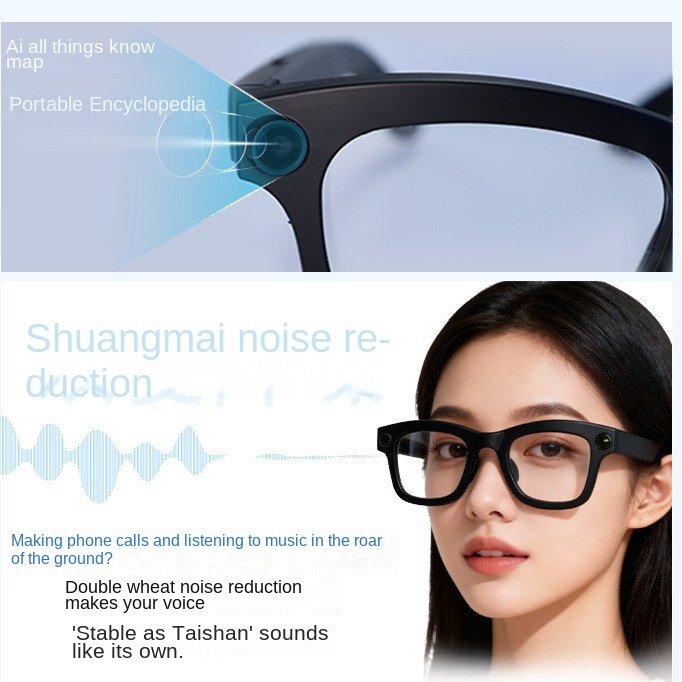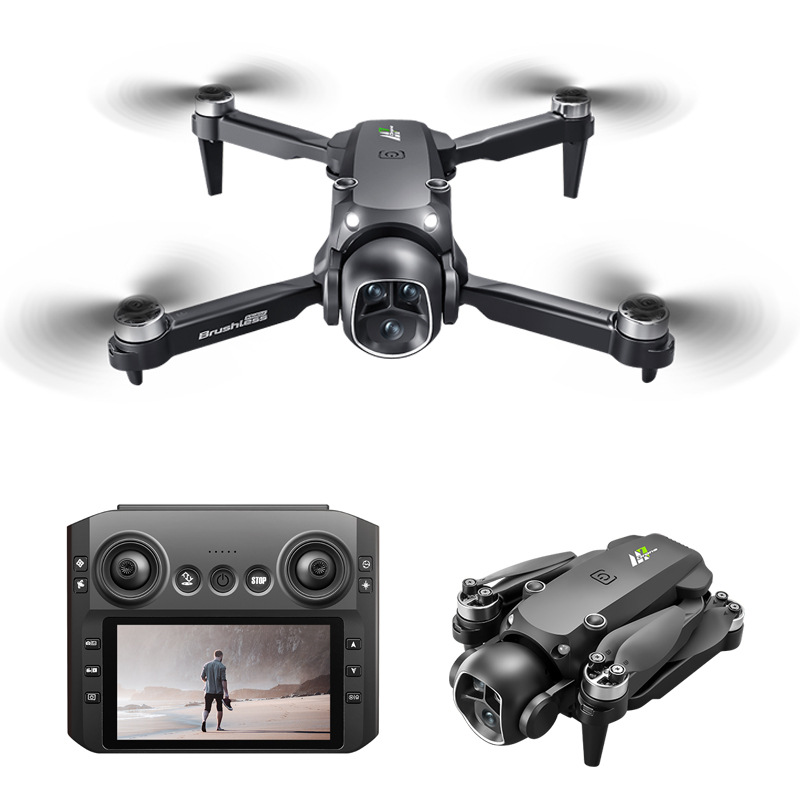What Are the Common Functions of AI Smart Glasses?
AI smart glasses are one of the latest innovations in wearable technology, combining traditional eyewear with powerful artificial intelligence features. They not only enhance vision but also extend daily convenience, productivity, and connectivity. Below are some of the most common functions of AI smart glasses:
1. Real-Time Translation
One of the most popular functions is real-time translation. AI smart glasses can display subtitles or translate spoken language instantly, making international travel, business communication, and cross-cultural interactions much easier.
2. Augmented Reality (AR) Display
Smart glasses often feature AR overlays that project useful information directly onto the lens. This can include navigation directions, notifications, or contextual data without the need to look at a phone or computer.
3. Voice Assistant Integration
Like smartphones, AI smart glasses can connect with voice assistants such as Alexa, Siri, or Google Assistant. Users can ask questions, set reminders, or control smart devices hands-free.
4. Health and Fitness Monitoring
Some models come with sensors that monitor health metrics such as heart rate, step count, or even posture. This makes them useful for both fitness tracking and daily wellness management.
5. Camera and Video Recording
Built-in cameras allow users to capture photos and videos directly from their perspective. This is especially valuable for professionals in fields like logistics, training, or technical support, as well as for casual everyday use.
6. Notifications and Communication
AI smart glasses can connect to smartphones to display incoming calls, messages, and app notifications. Some advanced models even allow for hands-free calling through built-in microphones and speakers.
7. Navigation Assistance
Whether walking, cycling, or driving, smart glasses can provide turn-by-turn navigation directly in the field of view, improving safety and convenience.
8. Object and Face Recognition
Leveraging AI, certain smart glasses can recognize objects, texts, or even faces, which can assist in tasks like shopping, research, or accessibility support for visually impaired users.
Conclusion
AI smart glasses are more than just high-tech eyewear. With functions ranging from real-time translation and AR display to health tracking and voice assistance, they are designed to enhance both work and lifestyle. As technology advances, these glasses are likely to become an essential tool for communication, productivity, and personal well-being.






